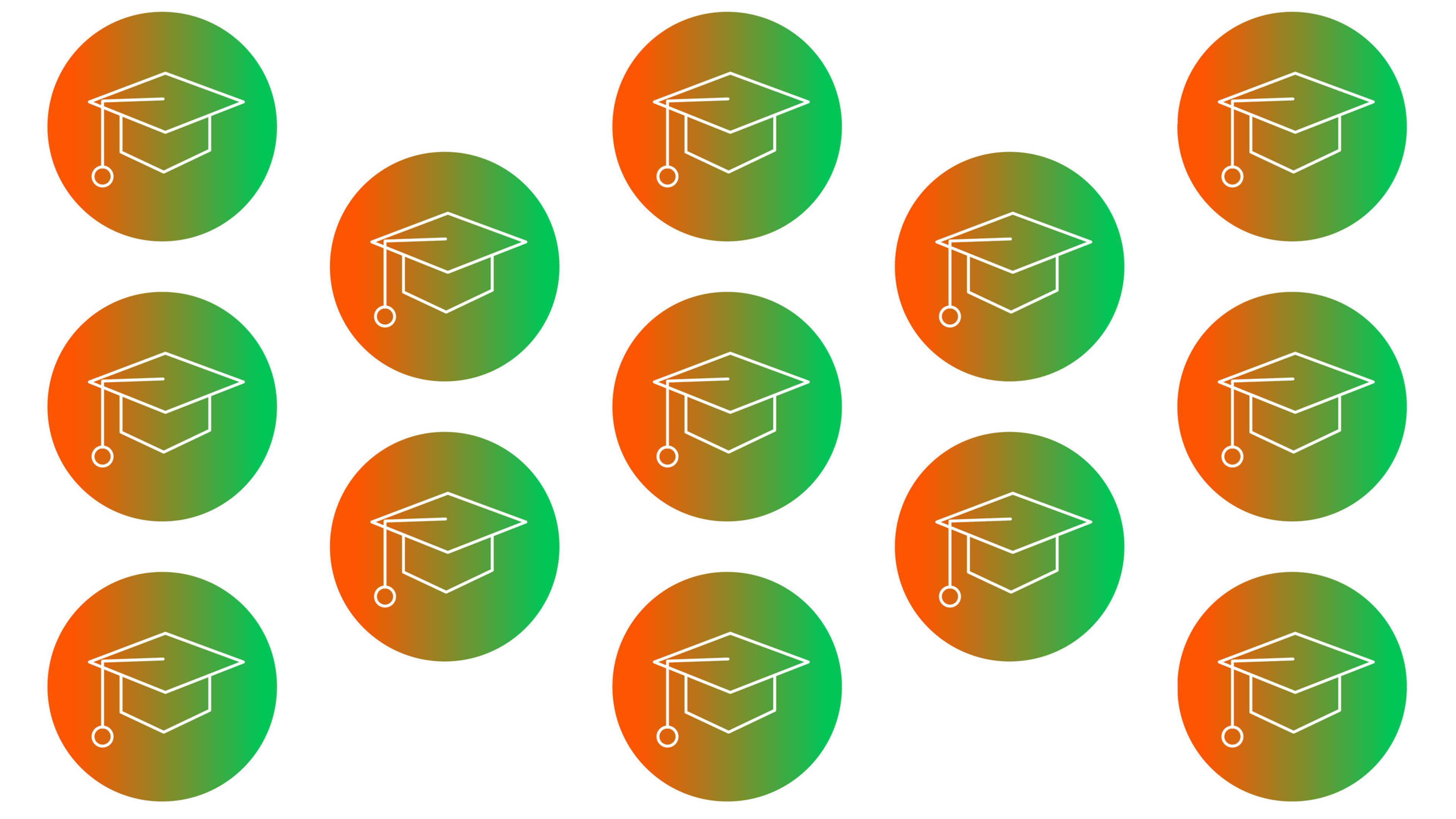Between the pandemic and the rise of generative AI, the education sector has been in a permanent state of flux over the past few years. For a time, online learning platforms were ascendant, meeting the moment when workplaces and schools alike went remote (and later, hybrid). With the public debut of ChatGPT in 2022, edtech companies—such as edX, which was one of the first online learning giants to launch a ChatGPT plugin—jumped at the opportunity to integrate generative AI into their platforms, while teachers and administrators tried to understand what it could mean in the classroom.
It quickly became clear that the technology needed guardrails when it came to student use. Companies like Khan Academy set about trying to create GPT-powered tools that would enhance the online learning experience and offer personalized support—but without enabling students to cheat. The result was Khanmigo, a chatbot that Khan Academy launched to help students edit essays and solve math problems.
In 2024, AI continues to be a key driver of innovation in the edtech space. Ello, for example, is betting that an AI-powered reading coach can help improve childhood literacy rates; the startup recently launched a more affordable, digital-only iteration of its product, along with a vast catalog of e-books.
“There are a lot of exciting technologies, generative AI being at the top of the list, which are making a lot of noise [and] attracting pretty explosive user bases,” says Tory Patterson, the managing director of Owl Ventures, a VC firm that invests exclusively in edtech companies. Even so, he argues it’s important to continue questioning how all this technology is being used, and to what end. “I always revert back to core principles,” he says. “What are we trying to solve with a lot of this new technology?”
Recognize your brand’s excellence by applying to this year’s Brands That Matter Awards before the early-rate deadline, May 3.
